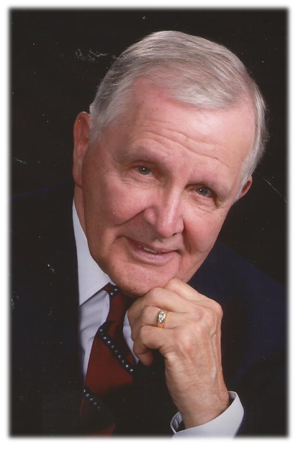The War Changes
Early War Aim
As earlier revealed in a previous blog, the primary 1861 Union war Goal was to re-unite the country. Toward that end, the strategy was to hold off any large-scale destruction in the Eastern Theater, retake control of the Mississippi and its tributaries, and blockade the states of the Confederacy into submission. The CSA Goal was to maintain it’s independence from the Union by defending all its boarders.
So, any moves to emancipate slaves and otherwise destroy the property of citizens living in the ‘states in rebellion’ (Lincoln’s term) were discouraged. In fact, President Lincoln fired his Secretary of War Cameron for publicly advocating emancipation. He also forced General Fremont to rescind an emancipation proclamation he issued for the state of Missouri and then replaced him with General Halleck.
Lincoln said, “If I could end this conflict without freeing one slave, I would do it.”
Later War Aim
But, by mid 1862, the war still raged after 15 months of fighting.
In the West, the Union’s army under General Grant, General Pope, and Admiral Farragut won victory after victory. And the Union’s Brown River navy won control of the northern and southern Mississippi River and its tributaries. In fact, by mid 1862 only Vicksburg remained in Confederate hands.
In the East, the effects of the blockade were slow to materialize, several major battles were won by the Confederates and battle casualties were weakening support in the North for the war. So, that summer Congress passed the Second Confiscation Act. This allowed the Union army to seize or destroy any property believed to be useful to the Confederacy. Lincoln also floated a draft of his Emancipation Proclamation to be effective at he end of that same year.
General Grant, who had replaced Halleck commanding all Union forces, directed Gen. Sheridan to “Do all the damage to railroads and crops you can. (in the Shenandoah Valley) Carry off stock of all descriptions, and Negroes, so as to prevent further planting. If the war is to last another year, we want the Shenandoah Valley to remain a barren waste.” It is reported that Sheridan carried out Grant’s orders very effectively.
Further South, after his destructive march through Georgia to Savannah, General Sherman wrote to Grant about his intended invasion of South Carolina, “We are not only fighting hostile armies, but a hostile people, and must make old and young, rich and poor, feel the hard hand of war, as well as their organized armies.”
Thus, the war waged by the North against the Confederate States of American had turned ‘hard’.


 A Great Read! I couldn’t put this book down once I got started. The detail was great and I really like the main character, Michael. Knowing that so much research went into this book made it exciting to read!
A Great Read! I couldn’t put this book down once I got started. The detail was great and I really like the main character, Michael. Knowing that so much research went into this book made it exciting to read!